
Organic commodities are a critical part of promoting sustainable agriculture and a healthy food system. These commodities are grown using natural and sustainable farming practices, without the use of synthetic fertilizers, pesticides, or GMOs. Organic commodities include a wide range of products, such as fruits, vegetables, grains, and livestock products.
One of the key benefits of organic commodities is that they are free from harmful chemicals that can damage the environment and pose risks to human health. For example, synthetic pesticides can contaminate soil and water resources, harming wildlife and pollinators, and posing risks to human health. Organic farming practices, on the other hand, focus on building healthy soils, promoting biodiversity, and using natural pest control methods, which can help to protect the environment and promote healthy ecosystems.
Organic commodities are also often produced using fair labor practices and support the well-being of farmers and their communities. Organic farming practices can help to build healthy soils, which can increase soil fertility and reduce erosion, ultimately leading to more resilient and productive farms.
Additionally, organic commodities can be a healthier choice for consumers. Studies have shown that organic produce often contains higher levels of nutrients and antioxidants than conventionally grown produce. Organic meat and dairy products are also typically produced without the use of antibiotics or hormones, which can be a concern for some consumers.
Overall, the production and consumption of organic commodities can play an important role in promoting sustainable agriculture and a healthy food system. By supporting farmers who use organic practices and choosing organic products when possible, we can all help to create a more sustainable and equitable food system for all.
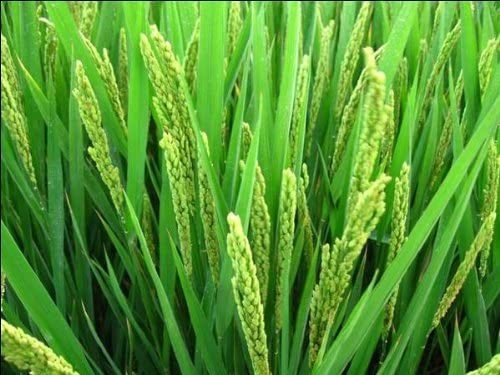
Grains are an essential part of a healthy and balanced diet. Packed with vitamins, minerals, and dietary fiber, grains offer numerous benefits for our overall well-being. Whether it’s the ancient grains like quinoa and amaranth or the traditional staples like rice and wheat, incorporating a variety of grains into our meals can provide us with sustained energy, support digestion, and promote heart health. From hearty breakfast bowls to wholesome salads and comforting grain-based dishes, there are endless possibilities to explore and enjoy the goodness of grains in our everyday lives.
Edible nuts are nature’s nutritional powerhouses, offering a wealth of health benefits in a small package. These bite-sized wonders are packed with healthy fats, protein, fiber, vitamins, and minerals that nourish our bodies. From almonds and walnuts to pistachios and cashews, each nut brings its unique flavor and nutrient profile to the table. Whether eaten as a snack, sprinkled on salads, or incorporated into baked goods, nuts provide a satisfying crunch and a boost of energy. With their heart-healthy properties and potential to support brain function, including a handful of nuts in our diet can contribute to a well-rounded and nutritious eating plan.
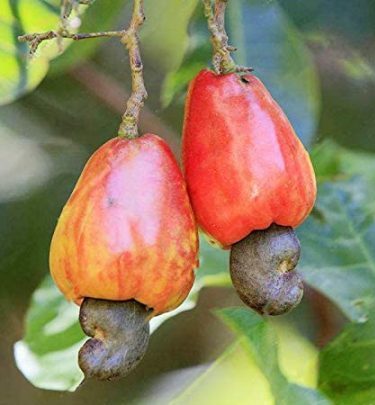
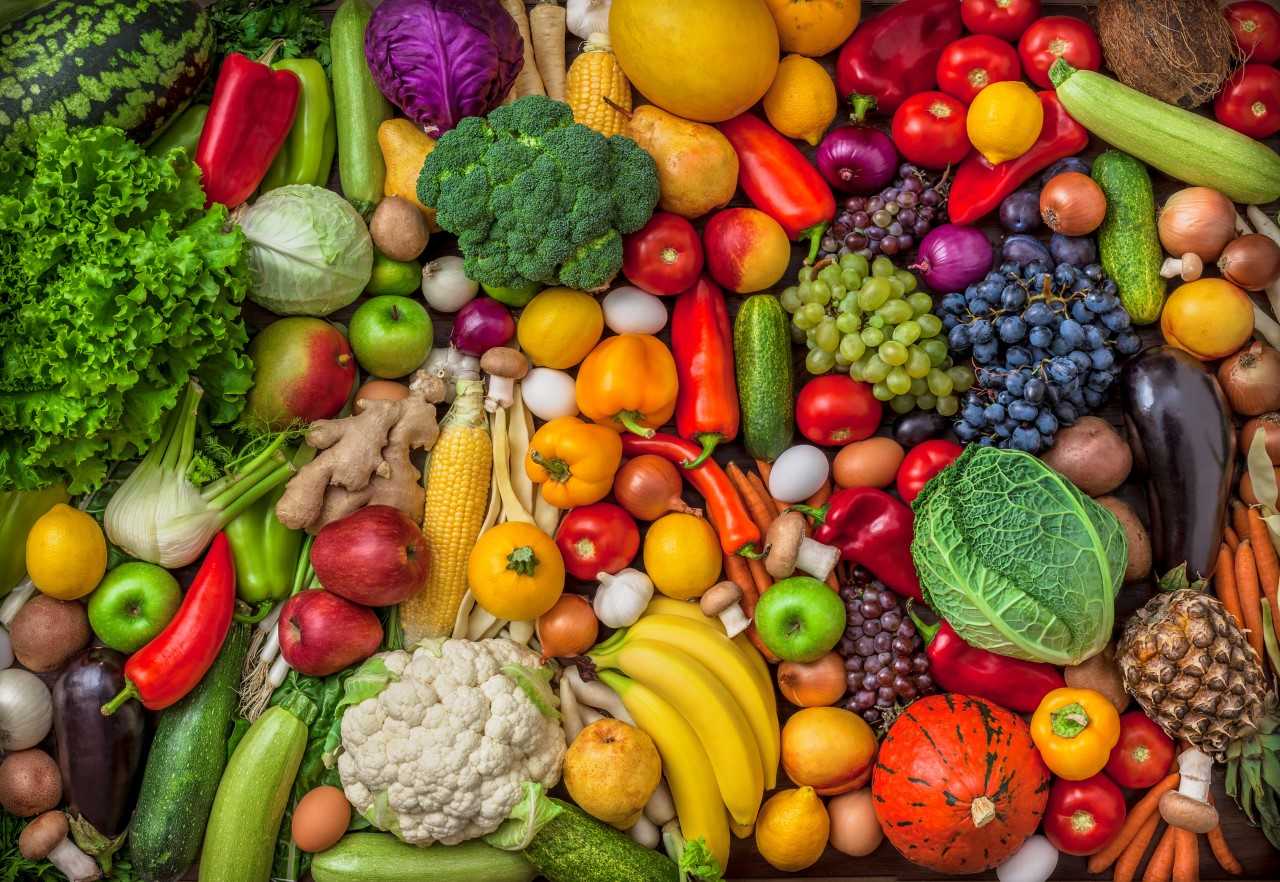
Fruits are nature’s sweet and vibrant gift, offering a wide array of flavors, colors, and nutritional benefits. Packed with essential vitamins, minerals, and fiber, fruits are not only delicious but also contribute to our overall health and well-being. From juicy berries and refreshing citrus fruits to tropical delights like mangoes and pineapples, there is a fruit for every palate. Whether enjoyed on their own, blended into smoothies, or added to salads and desserts, fruits provide a natural source of hydration, antioxidants, and immune-boosting properties. Incorporating a variety of fruits into our daily diet is a simple and enjoyable way to nourish our bodies and indulge in nature’s delectable offerings.
Legumes, such as beans, lentils, and chickpeas, have been a staple in diets worldwide for centuries. However, some individuals may have dietary restrictions or personal preferences that lead them to avoid legumes. While legumes are a valuable source of plant-based protein, fiber, and essential nutrients, they can also pose challenges for certain digestive systems. Some people may experience discomfort or bloating when consuming legumes due to their high fiber content. Additionally, improper preparation or cooking methods can contribute to the presence of anti-nutrients in legumes, which can hinder nutrient absorption. It’s important to consider individual needs and preferences when deciding whether to include legumes in your diet.
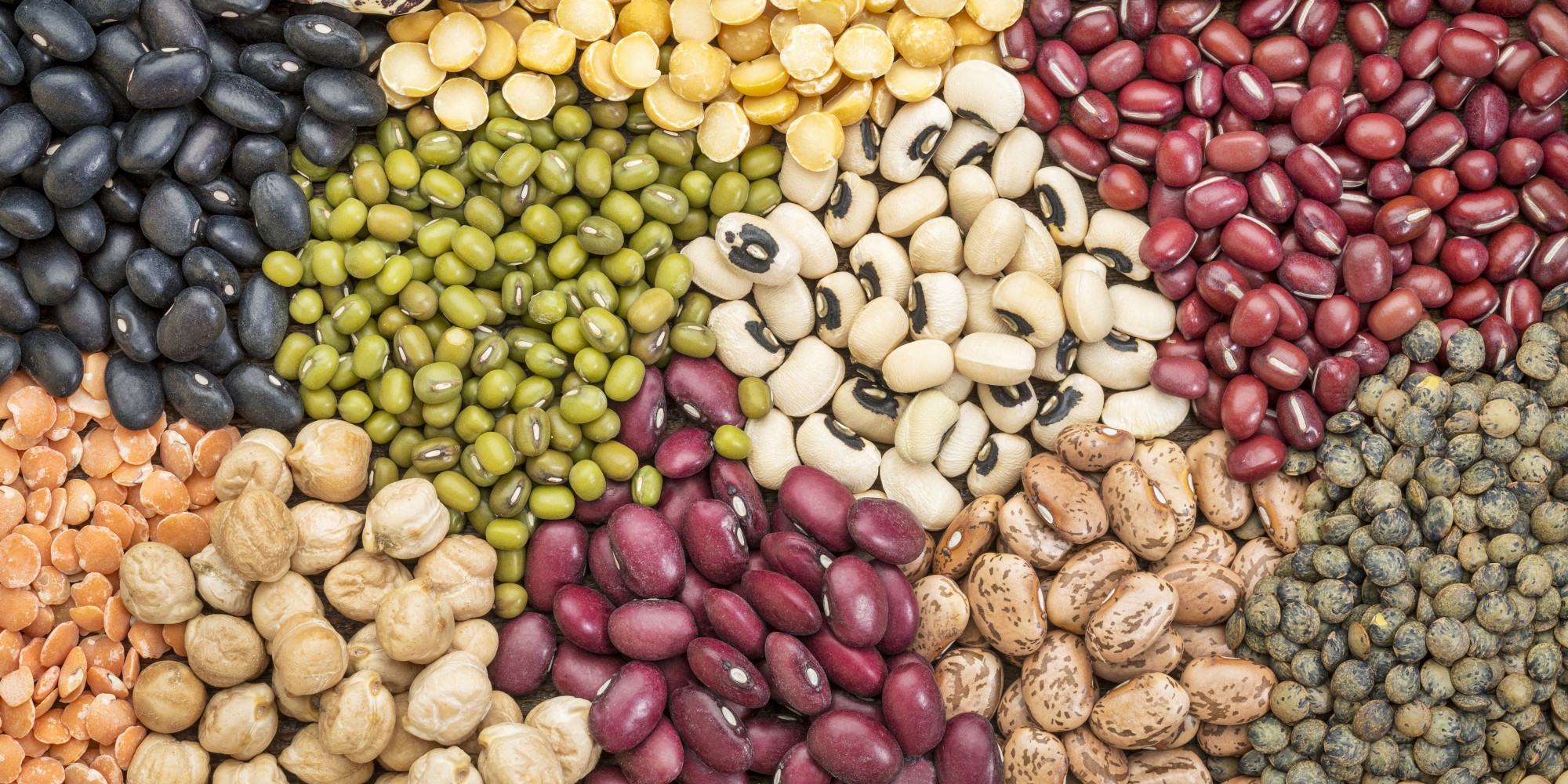
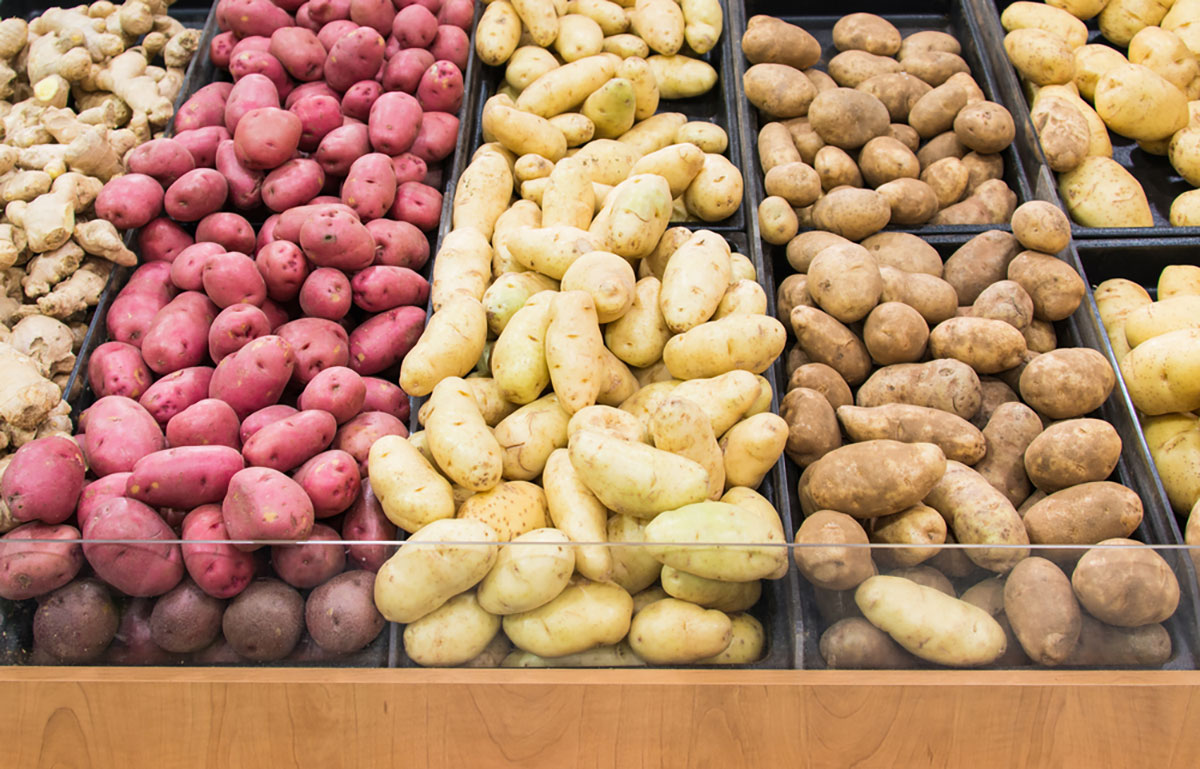
Tubers, such as potatoes, sweet potatoes, and yams, are versatile and nutritious root vegetables that have been a dietary staple for generations. These underground wonders are rich in carbohydrates, dietary fiber, vitamins, and minerals. With their smooth and earthy flavors, tubers lend themselves to a wide range of culinary creations. From mashed potatoes and roasted sweet potato fries to comforting stews and casseroles, tubers offer satisfying and filling options for meals. They provide sustained energy, promote digestive health, and contribute to overall well-being. Whether baked, boiled, or fried, tubers are a delicious addition to any balanced and diverse diet.